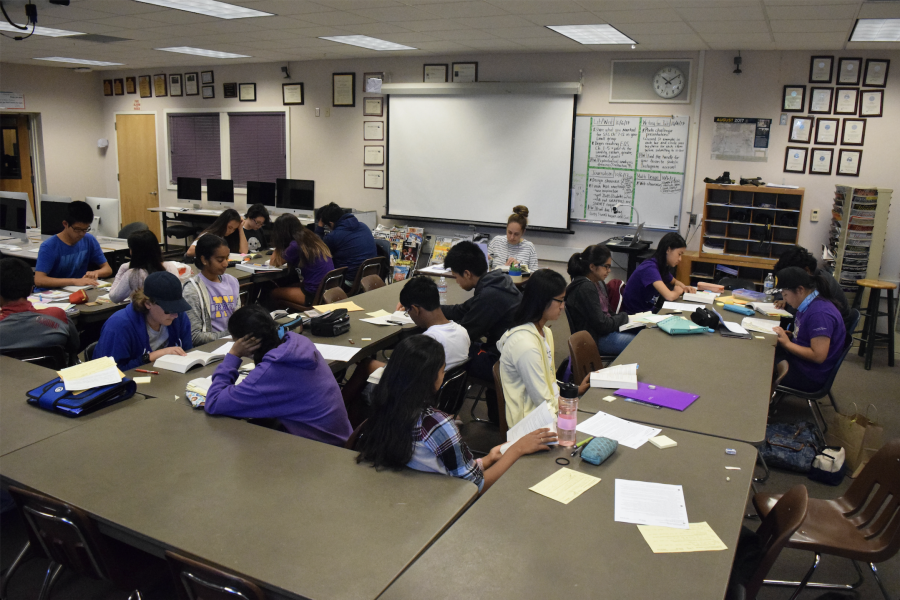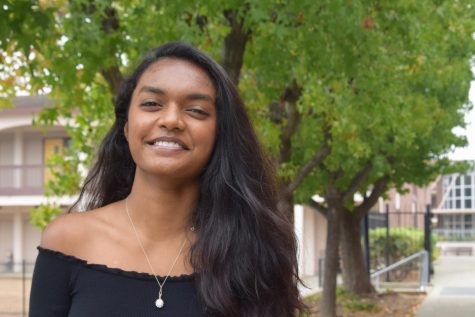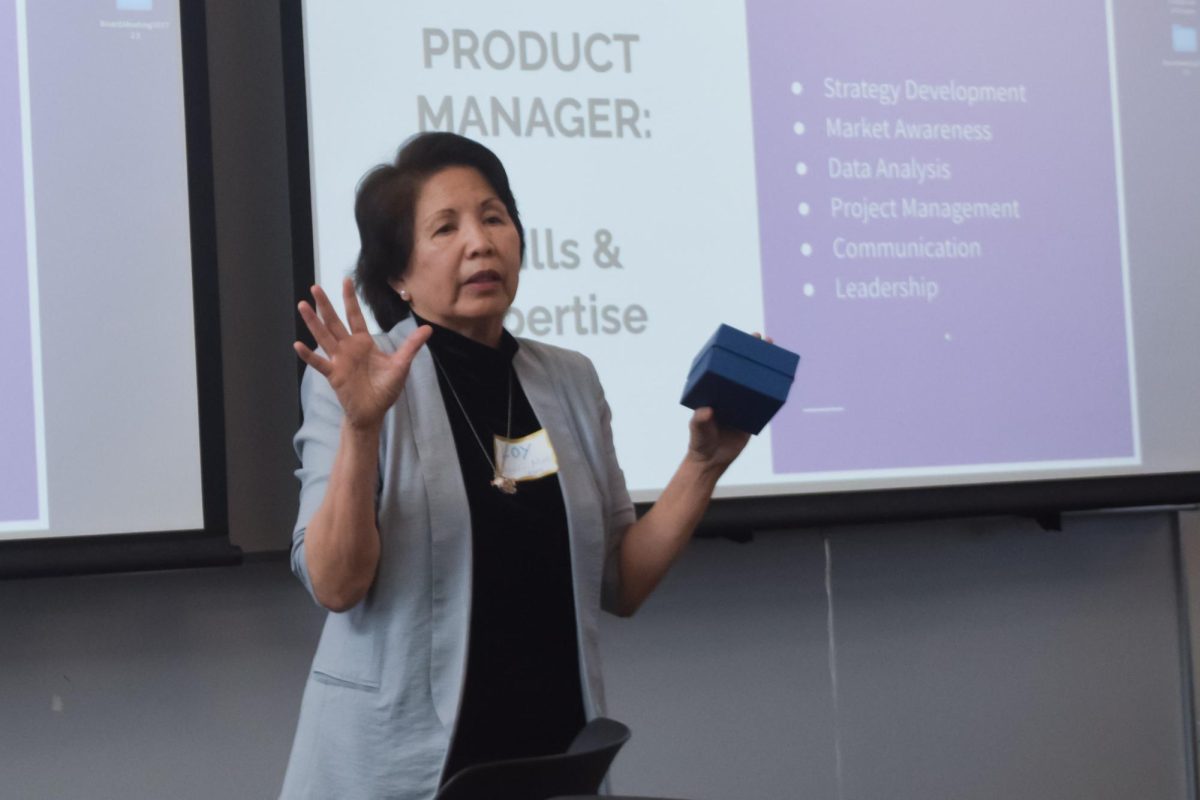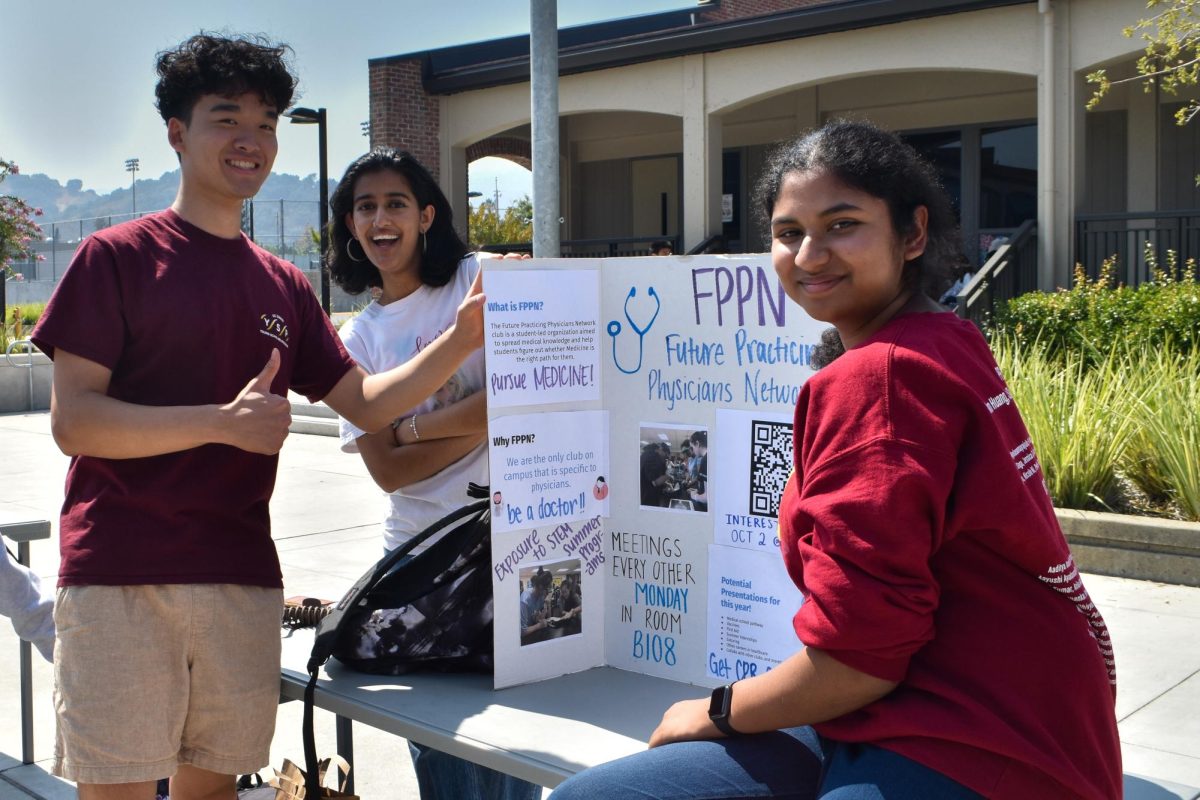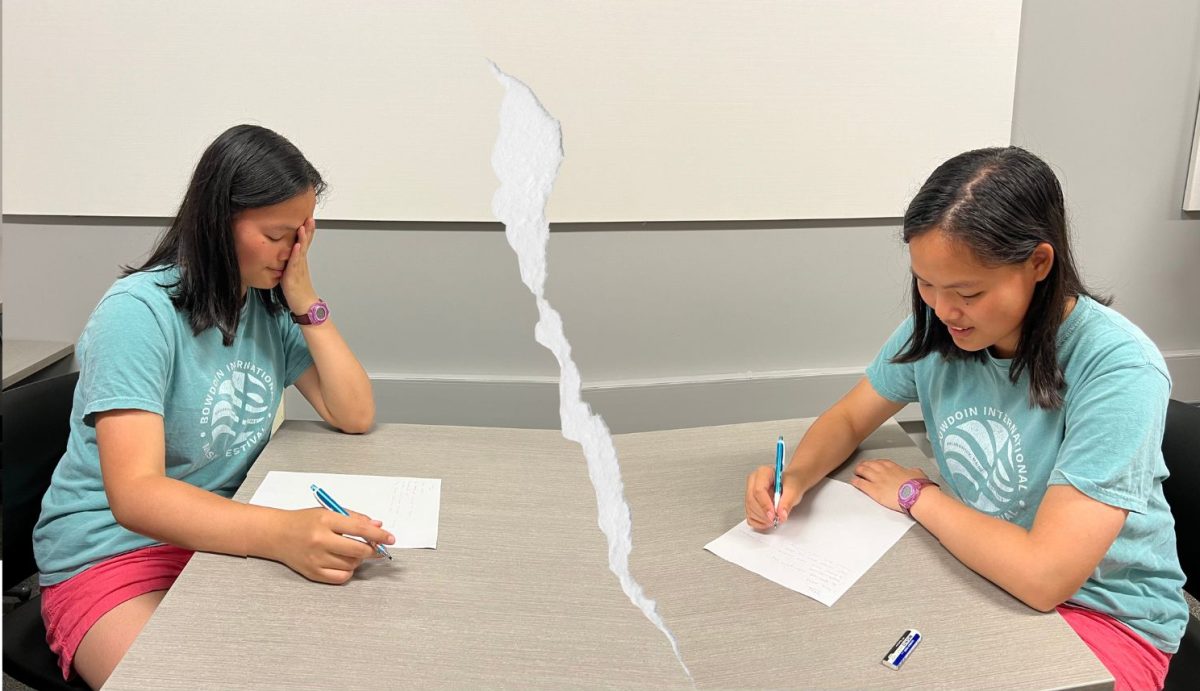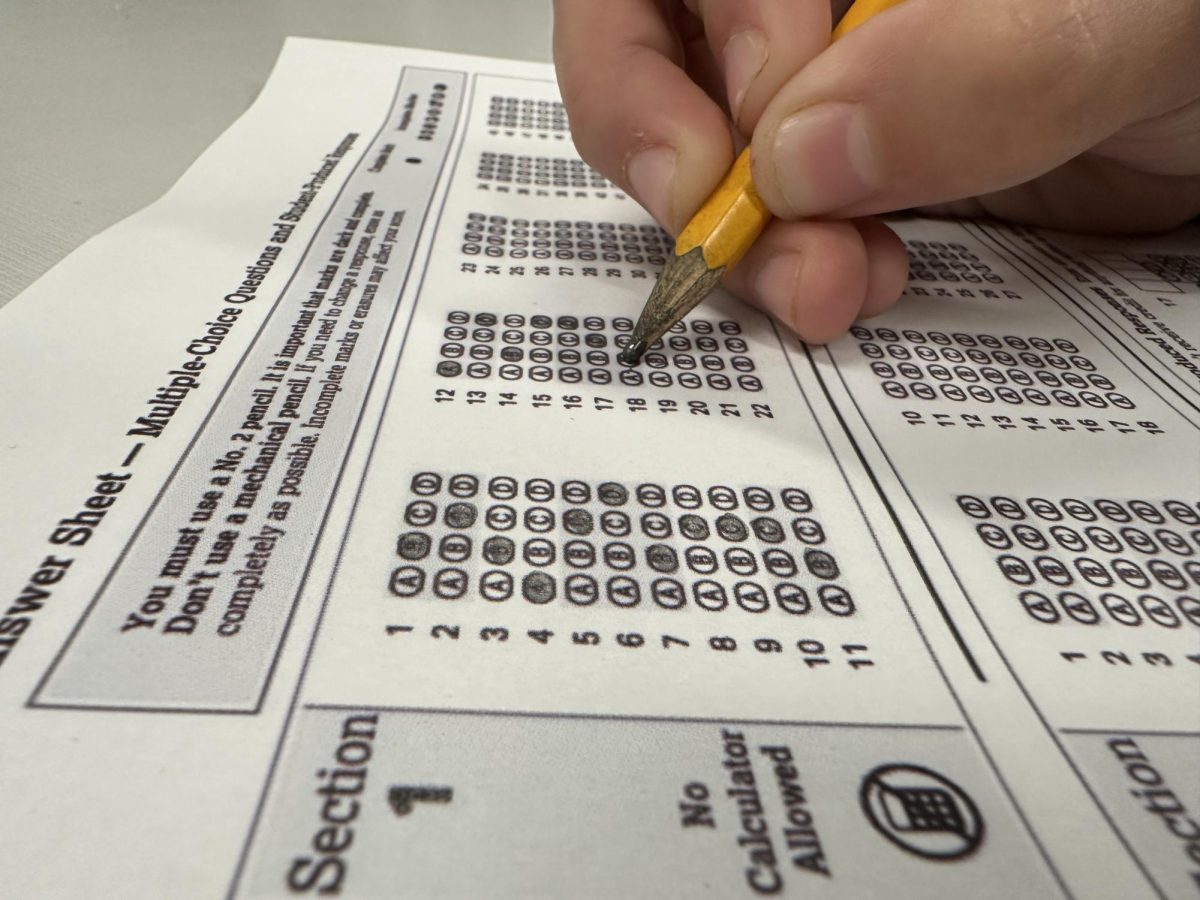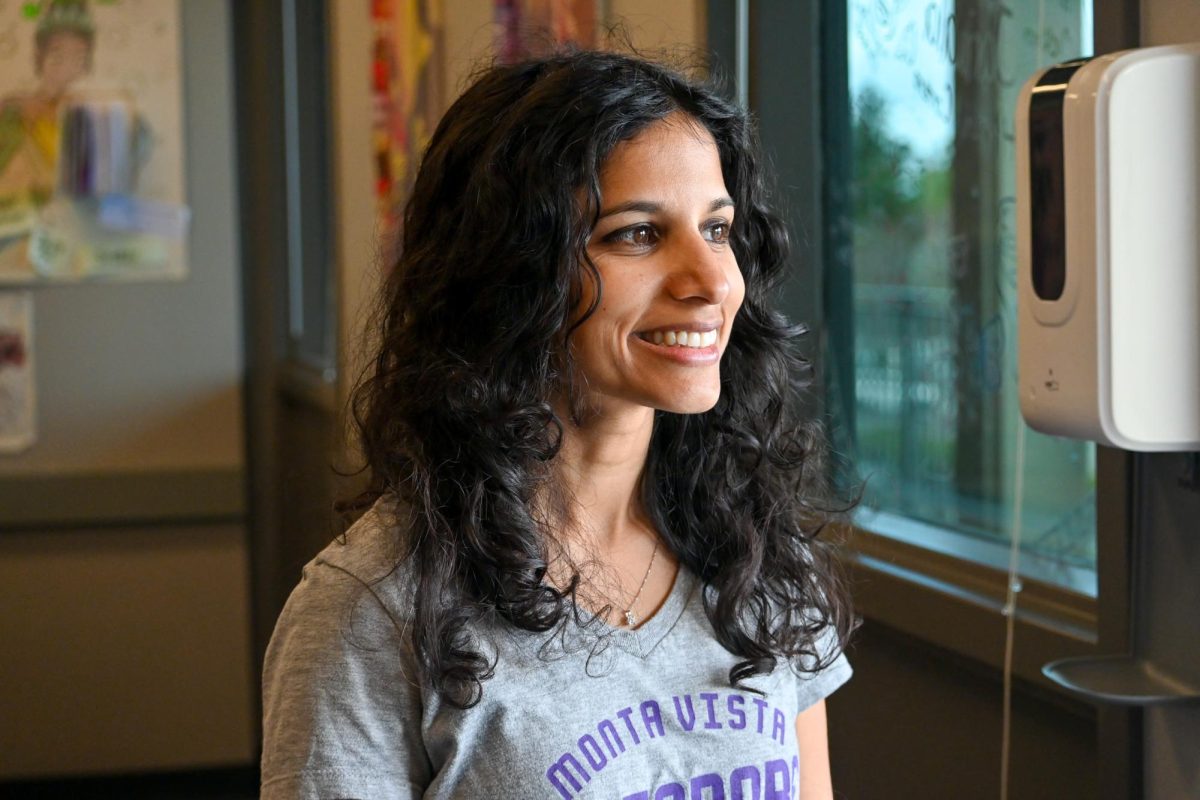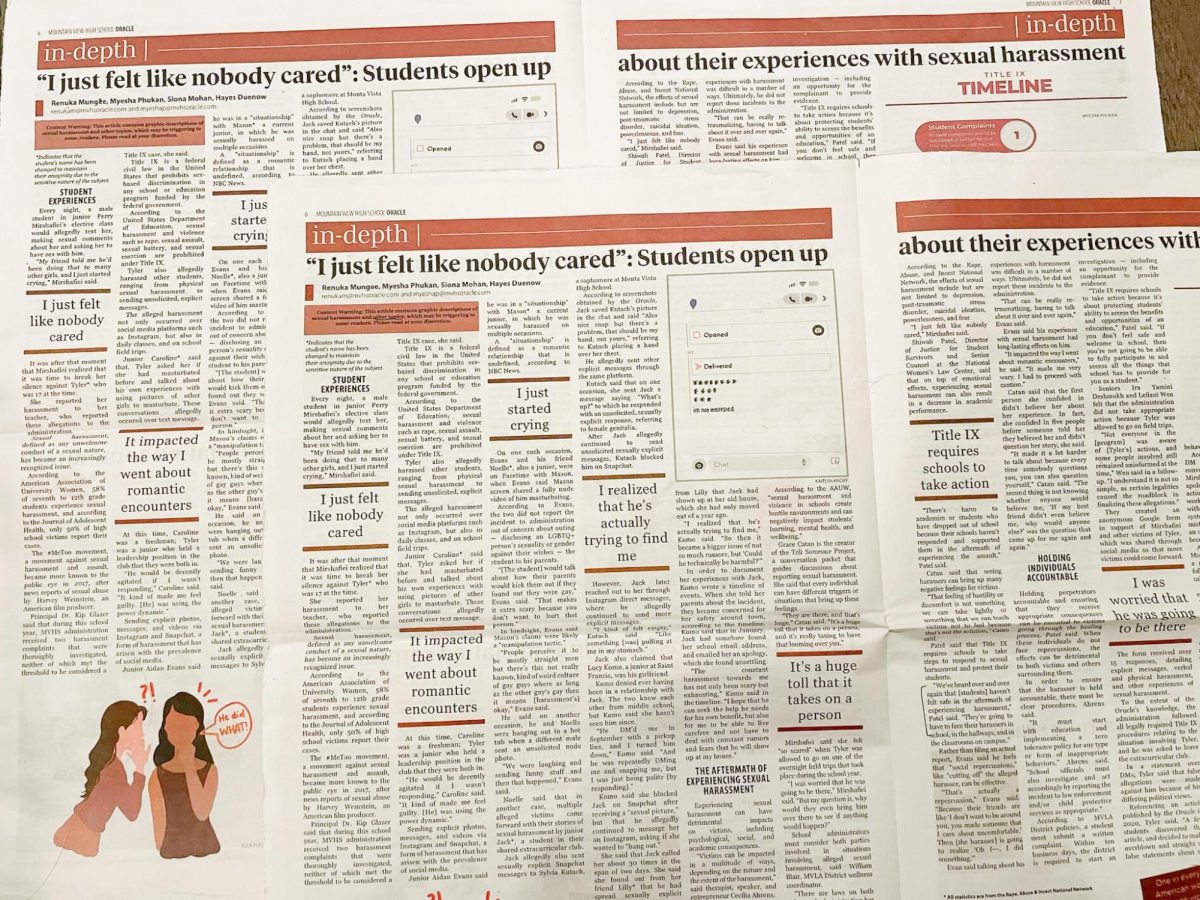In California, schools are only legally obliged to allow their students the option to opt out of two subjects: sex education (including HIV prevention education) and dissection. However, the state’s education code does not  specifically outline guidelines for students who wish to opt out of content that covers gender or sexual orientation, evolution, climate change and other controversial subjects. As a result, schools are not required to present their students with an alternate curriculum, even if the curriculum goes against their personal beliefs.
specifically outline guidelines for students who wish to opt out of content that covers gender or sexual orientation, evolution, climate change and other controversial subjects. As a result, schools are not required to present their students with an alternate curriculum, even if the curriculum goes against their personal beliefs.
At MVHS, the decision to offer an alternate course falls on the teachers of the department. Although he admits that the community generally supports science, when Goldenkranz was the head of the Science Department, the standing policy was that there would not be an alternate course offered to students who did not want to study subjects.
“I think it is completely consistent that a student be exposed to new ideas that may be different from what they believed before,” Goldenkranz said. “And then as they choose to agree or disagree with anything, they do it based on understanding rather than on ignorance and fear.”
The Literature Department at MVHS recently faced this decision, as they deliberate whether or not to implement a new book into the freshman curriculum. As the book “Aristotle and Dante Discover the Secrets of the Universe,” refers to homosexual references, a topic that opposes the personal beliefs of some students, the teachers met to vote on whether or not they should offer an alternative course. The almost unanimous decision was to have no alternative option.
“Our message of ‘we think it’s good that you get exposed’ is there,” English teacher Shozo Shimazaki said.
Although he believes that literature is about being exposed to different views, Shimazaki said that, as a teacher, he would be willing to offer an alternate book for a student who is unwilling to be exposed to something that contradicts their personal beliefs.
“If we’ve had that conference and discussed what instruction they would be missing on — what subjects, interaction with classmates. If they understand where I’m coming from and they still would prefer not to read the book, I would accommodate,” Shimazaki said. “It’s almost like you not being able to be with us is already sending a message as opposed to saying ‘no, you have to read a particular book.’”
When discussing the reasons for deciding against offering an alternate course for certain subjects, Literature Department Lead David Clarke brings up the point that although some teachers have the time to work with a student on an independent course, it is difficult for many teachers, as they have other commitments as well.
“My concern as Department Chair is that I want us to be consistent,” Clarke said. “I don’t want us to get into a situation where we teach this book and one teacher feels very comfortable offering an alternative and going through that process and another teacher says ‘You know, I just can’t do this.’ And they say they can’t do it […] because they’re really just overloaded and they don’t want to commit.”
The process for students who do choose to opt out requires a meeting with the family of the student, in which they discuss any concerns over the subject and alternative courses they can take. And in cases in which the teacher can not offer another course for the student, the session often ends in the teacher having to explain the legal and ethical reasons as to why the student must participate in the subject. If they still insist on not participating, any evaluations and grades relating to the subject will be put in as a zero in the gradebook, which will result in a major drop in the student’s grade.
“The point of school is to challenge students — their ideas and beliefs,” Goldenkranz said. “It’s the teacher’s job to expose them to these subjects that they might not necessarily feel comfortable with, but that they need to know and that they will encounter in the future.”

















